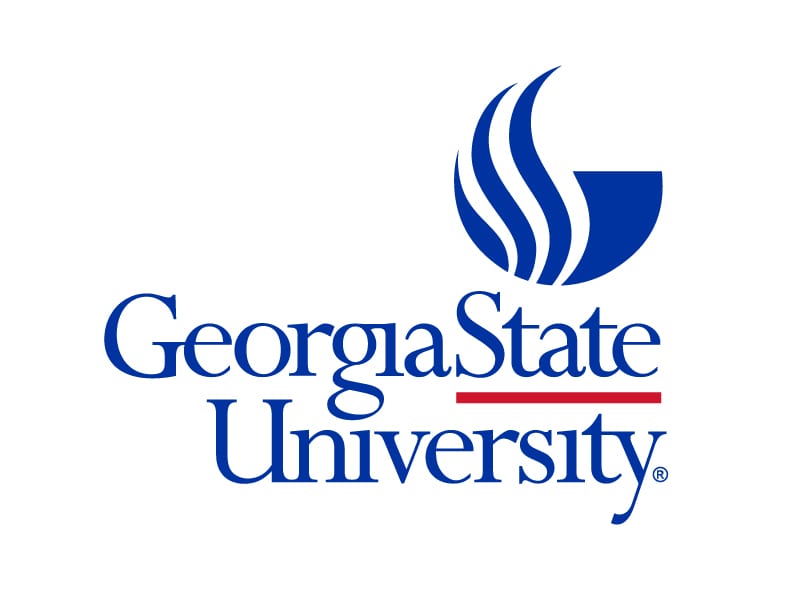Transforming the advising function at Georgia State University to provide more personalized support for at-risk students


Challenge
How might we transform the advising function to better identify and support at-risk students with personalized attention and guide them toward success?
Strategy
Four-pronged effort:
- Increased the size of the professional staff of dedicated advisors through a grant from the Board of Regents, lowering the student:advisor ratio toward a benchmark observed to promote more specialized attention for each student
- Further strengthened the advising function by creating a professional career ladder to provide long-term career development opportunities
- Created a new organizational structure within centralized advising by specialty and by college, while relocating all new centralized advisors into one building and leaving current advisors in their individual colleges
- Co-developed a personalized student tracking database and dashboard with EAB, consisting of more than 800 success and risk markers, leveraging over 2.5 million data points, and incorporating predictive analytics to alert and allow advisors to proactively address academic barriers and guide students to timely graduation
Outcome
The ongoing transformation to student advising, costing GSU ~$2M/year to maintain lower student:advisor ratios, is allowing university advisors to personally contact every student every semester and spend more time providing them personalized services. Predictive analytics have helped place a stronger focus on medium-risk students, flagging concerns that would have previously been missed and prompting more than 43,000 student-advisor meetings. All together, efforts to improve personalized advising have already contributed to:
- A decline of 7 credit hours on average at the time of graduation
- A 13-point increase in the percent of students in best fit majors
- A 16-point increase in the percent of low-risk students
Ready to take action?
Institution

Enrollment
36,343
Pell Recipients
53%
Students of Color
74%
Net cost of Attendance
$30,357 (in-state)
